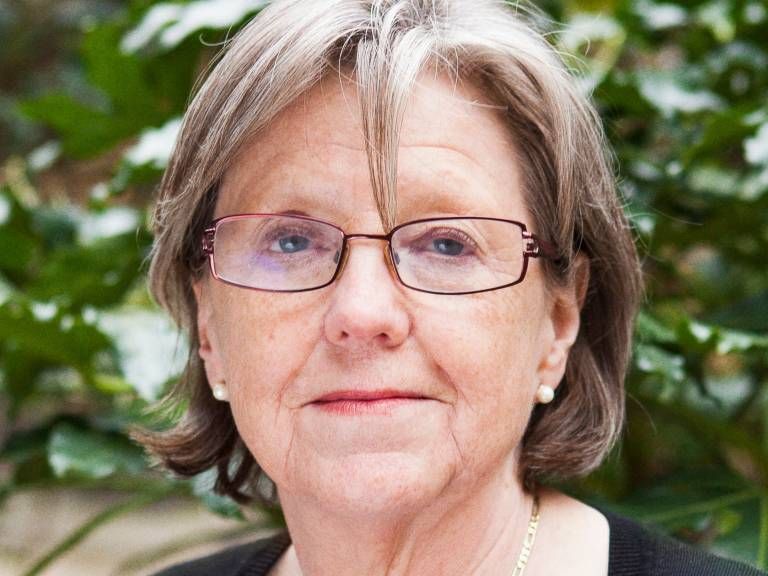Go Green news
Georgina Mace: The Architect Of The “Red List” Of Threatened Species
Thank you Georgina
Georgina Mace was the architect of the “red list” of threatened species that served to shape conservation policies for the last 15 years around the world. She has passed away at 67 years of age.
Born in London in 1953, Georgina received her BA in Zoology from the University of Liverpool and her PhD in Evolutionary Ecology from the University of Sussex. She started as a researcher at the Smithsonian Institute in the United States and returned to the British capital to direct the Department of Science of the Zoological Society.
She was also director of the Center for Population Biology at Imperial College and in 2012 she joined University College London (UCL), where she served until her last days as Professor of Biodiversity and Ecosystem.

Throughout her life, she alternated teaching with research. She herself considered as her greatest contribution the definition of the scientific criteria for the inclusion of a species (90,000 to date) in the Red List of the International Union of Conservation for Nature (IUCN). Its main objective is to establish an organization chart with all the animals and plants existing in the world, organized according to their status, going from a minor concern to those animals that have already become extinct.
We would need all the space in this article to name one by one all the awards and recognitions she received.
Her enthusiasm for nature, along with that of other researchers, has helped open our eyes, stir our consciences and make an effort for what is really worthwhile.
GO Green shows its gratitude to so many people who dedicate their lives and their studies for the greater good. This is GO Green’s little tribute to this tireless, fighter and great woman.
Your red list will remain forever a scientific measure of the status of biodiversity. Thank you.
Georginas’ quotes:
“We are part of nature and our well-being depends on a healthy relationship with it”
“Biodiversity contributes a lot to us directly and indirectly. We depend on it for the food and water that nourishes us, to regulate the climate and protect us from all kinds of risks. ”
“Showing the economic value of nature is a great idea to validate conservation efforts”






